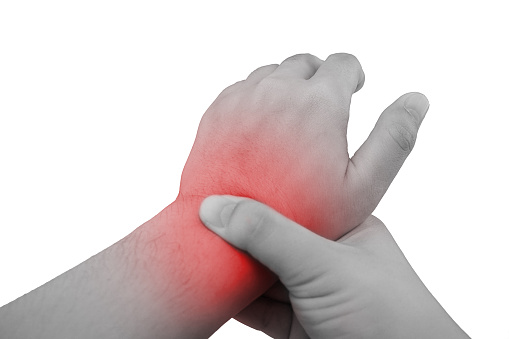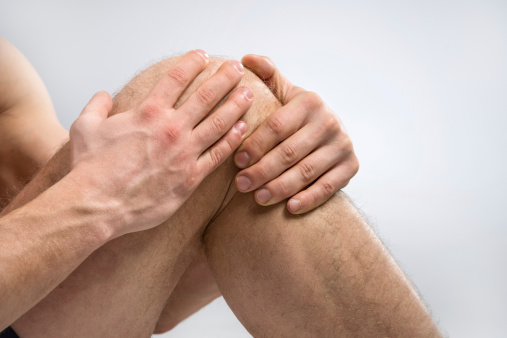Your risk of a heart attack doubles because of this
Rheumatoid arthritis is a common problem causing joint inflammation, pain, stiffness, and swelling. Rheumatoid arthritis is a chronic autoimmune disease, and although there is no cure early intervention can improve a patient’s quality of life. But rheumatoid arthritis doesn’t only affect the joints – in fact, a previous study found that individuals diagnosed with rheumatoid ...click here to read more














